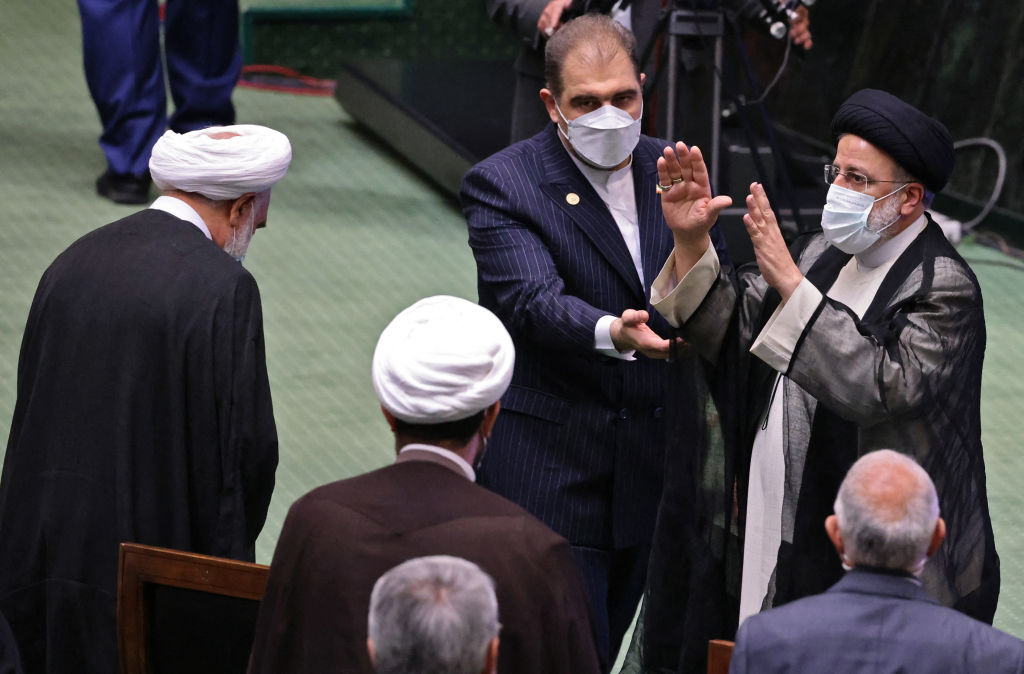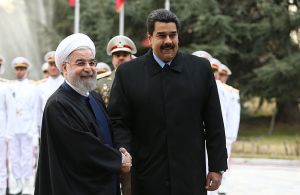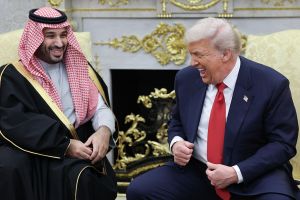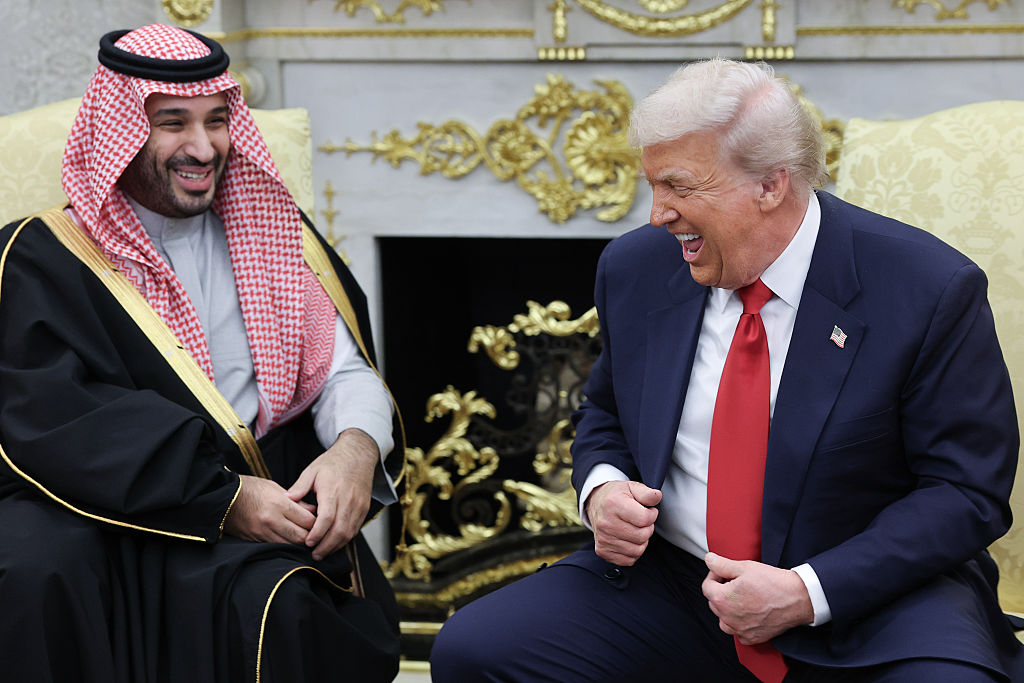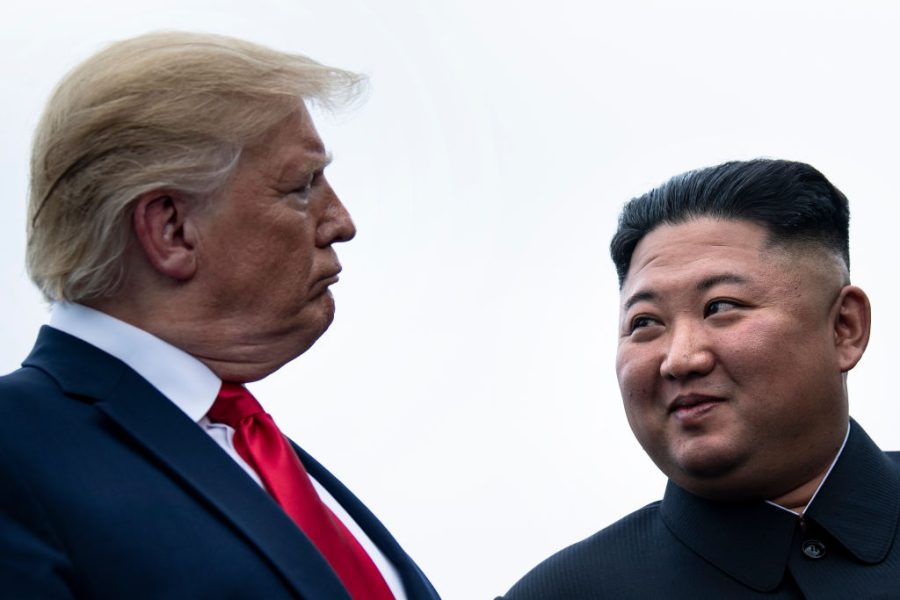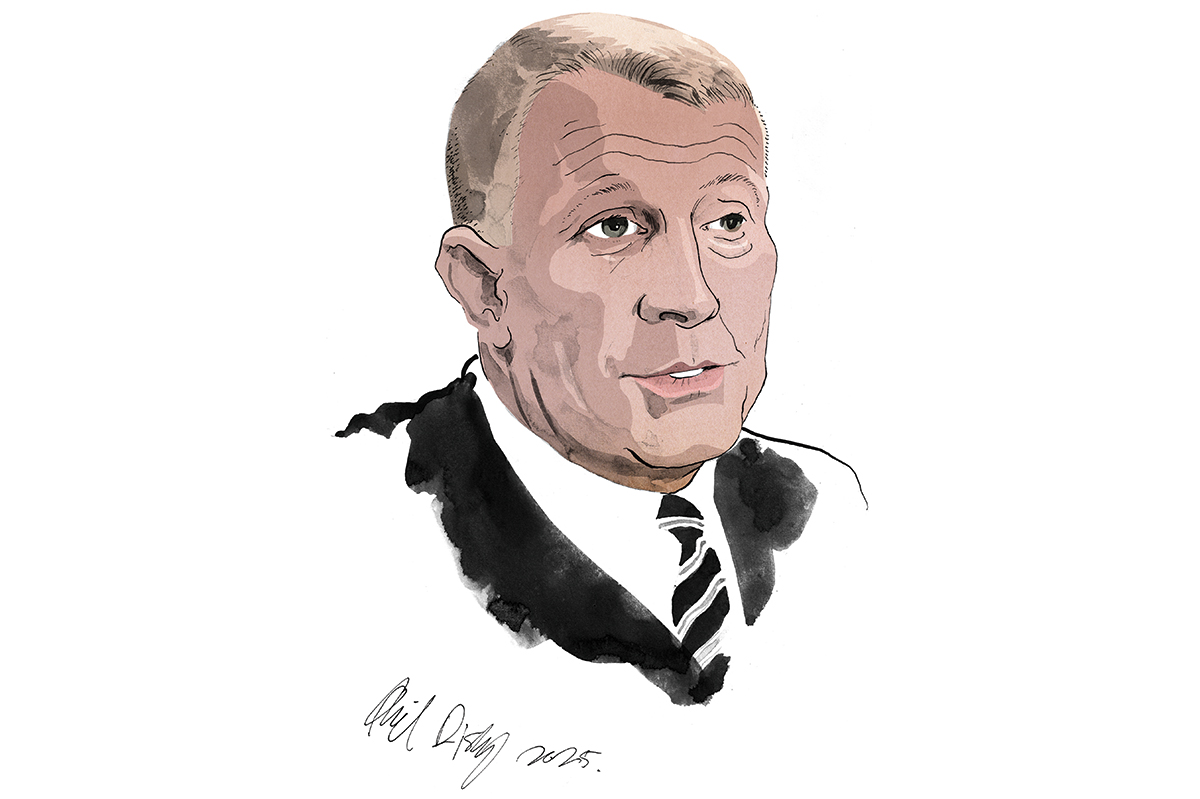‘Death to Khamenei. Death to the dictator.’ Iran’s new president, Ebrahim Raisi, is sworn in today against a backdrop of protest, the sound of chanting echoing in his ears, whether literally or figuratively. The chants are often about the Supreme Leader, Ali Khamenei, but are also directed at the regime as a whole. ‘Clerics get lost’ is another favorite. Street demonstrations began three weeks ago in the province of Khuzestan but spread to many other places, including the capital, Tehran. People are angry about water shortages and the wretched, broken state of the economy. The question now is whether the protests will build and, if so, whether Raisi will live up to his terrifying reputation and crush them. Or, perhaps, he will find the US coming to his rescue with a nuclear deal that will provide fresh billions to help the mullahs maintain their grip on power.
I spoke to ‘Mina’, a 27-year-old unemployed law graduate who lives in Khuzestan. (For obvious reasons, that’s an assumed name.) She told me the demonstrations she joined were entirely peaceful but that she witnessed the security forces beating people, including children, and shooting live rounds to clear the streets. ‘The people are not afraid anymore,’ she said. ‘The reason is that they don’t have anything to lose.’
The Khuzestan protests began amid a drought, caused by nature, and a water shortage, caused by government mismanagement. People took to the streets at night because of brutal heat during the day. They chanted: ‘I am thirsty.’ Video posted to Twitter and YouTube showed crowds apparently in the thousands and the security forces in retreat.
Mina thought that the authorities would open the reservoir sluice gates from time to time and increase the water supply to try to calm things down — and that therefore the numbers on the streets might rise and fall. In fact, the crowds seem to have fallen away in recent days. But she said: ‘I assure you that it we continue until the downfall of this regime. I personally feel obliged as an Iranian, as a woman who loves my country and my people, to defend my country. From the bottom of my heart, I want this regime to be destroyed. We don’t want any sort of dictatorship, neither a shah nor the mullahs. We don’t want monarchy or religious fascism in our country. This only wish of the Iranian people is for freedom and democracy.’ It’s not clear how many of the demonstrators feel that way — and how many just want to have water, or a job.
I spoke to Mina by means of a series of voice-notes sent over WhatsApp, because of a poor internet connection. Activists say it’s deliberately slowed down by the regime during times of protest to suppress free speech — another human rights violation. The interview was arranged by the opposition People’s Mujahedin of Iran, the PMOI, also known as the Mujahedin-e Khalq, or MEK. They provided a translator, too. For many years during their long history of opposition to Iran’s clerical regime, the MEK was listed by the US as a terrorist group. They campaigned, successfully, to have that designation removed. At times, too, the MEK, have appeared to act like a cult, confiscating members’ property, forbidding them leave the organization. The MEK deny those allegations. Today, they seem desperate for respectability and are an increasingly effective voice against the Iranian regime in Western capitals.
Sara — another assumed name — is a full time MEK activist in Tehran. She told me that, so far, 12 people had been killed in the protests. (Western human rights groups have put the figure at nine.) She also said that ‘hundreds of people’ had been arrested in Tehran alone. Even if her figures are roughly accurate, it means that, so far, the demonstrations are relatively small — few hundred, or a few thousand, people, not hundreds of thousands. Sara was confident, however, that the regime was growing ‘weaker and weaker, day by day’. She said that the ‘network of the mujahedin’ was ready for ‘the next uprising’ to take place across Iran. ‘And this time, we will not allow the regime to continue its dictatorship. We are determined to overthrow this savage regime. The world will watch us do it.’
In this, the MEK — like other Iranian opposition groups — believes that the attitude of the West, especially the US, is crucial. The MEK and other anti-regime groups oppose efforts by the Biden administration to revive the nuclear deal. They believe it won’t stop the mullahs from getting a nuclear weapon but will certainly provide funds that will be used for repression at home and to make trouble abroad. Sara told me America should put more sanctions on a regime she called the ‘godfather of terrorism…the enemy of all civilized countries’. She said: ‘We hate the policy of appeasement… Any deals with the mullahs will help the killing of the Iranian people. They should stand by the Iranian people and hear our cries for freedom.’
Should Washington seek regime change in Iran? In the streets, they chant ‘our enemy is here — the regime is lying that it’s America’. Last week, the secretary of state, Anthony Blinken, issued some boilerplate rhetoric, saying: ‘We stand with the people of Iran in the desire to have their voices heard.’ The Wall Street Journal reported that there may be more sanctions, aimed at Iran’s missile and drone program. But the priority for President Biden appears to be getting Iran back into the nuclear agreement, the JCPOA.
The International Atomic Energy Agency said in May that Iran had 138 and half pounds of uranium enriched to 20 percent purity, and almost five-and-a-half pounds enriched to 60 percent purity. That is well above the 3.67 percent purity allowed and brings Iran much closer to being able to make weapons-grade uranium. One view of this is that Iran is racing ahead in making high grade uranium to try to get more concessions from the US in any eventual deal. There may be a debate within the regime: rush back into the agreement, to get immediate sanctions relief — or continue to hold out for more. The protests certainly put them under more pressure to reach a deal quickly: they need the money to buy off the protesters. President Biden might just be the man who saves the Iranian regime.



